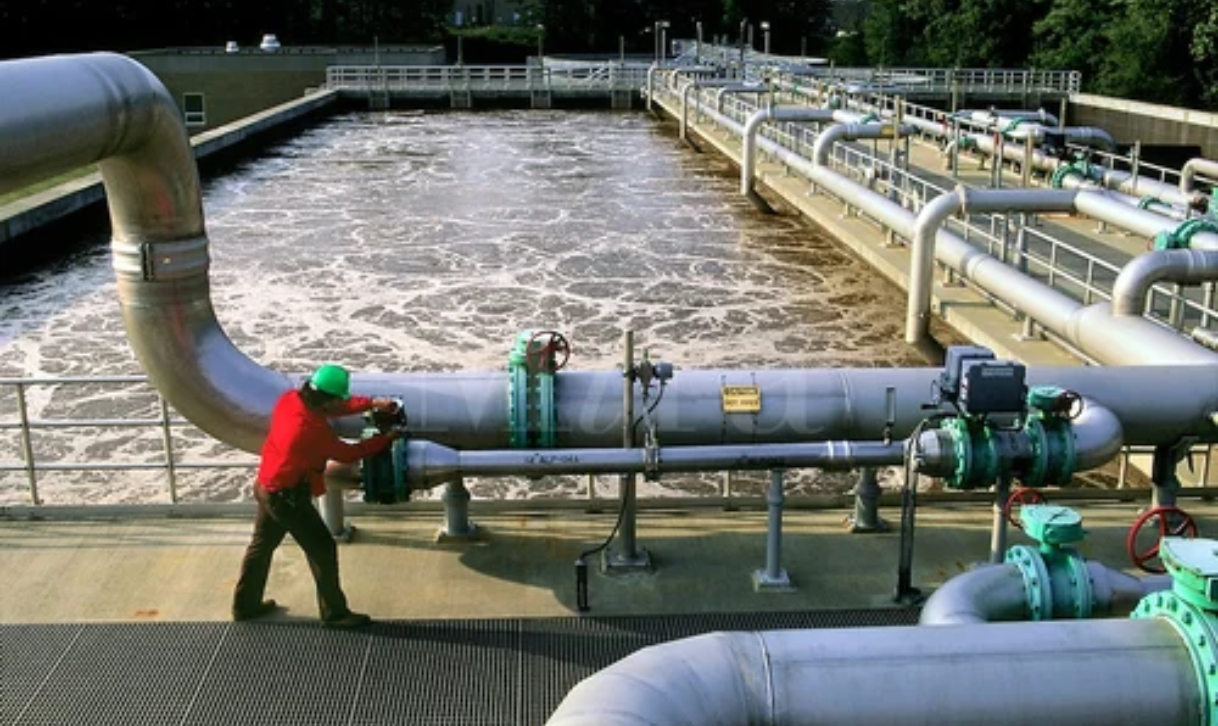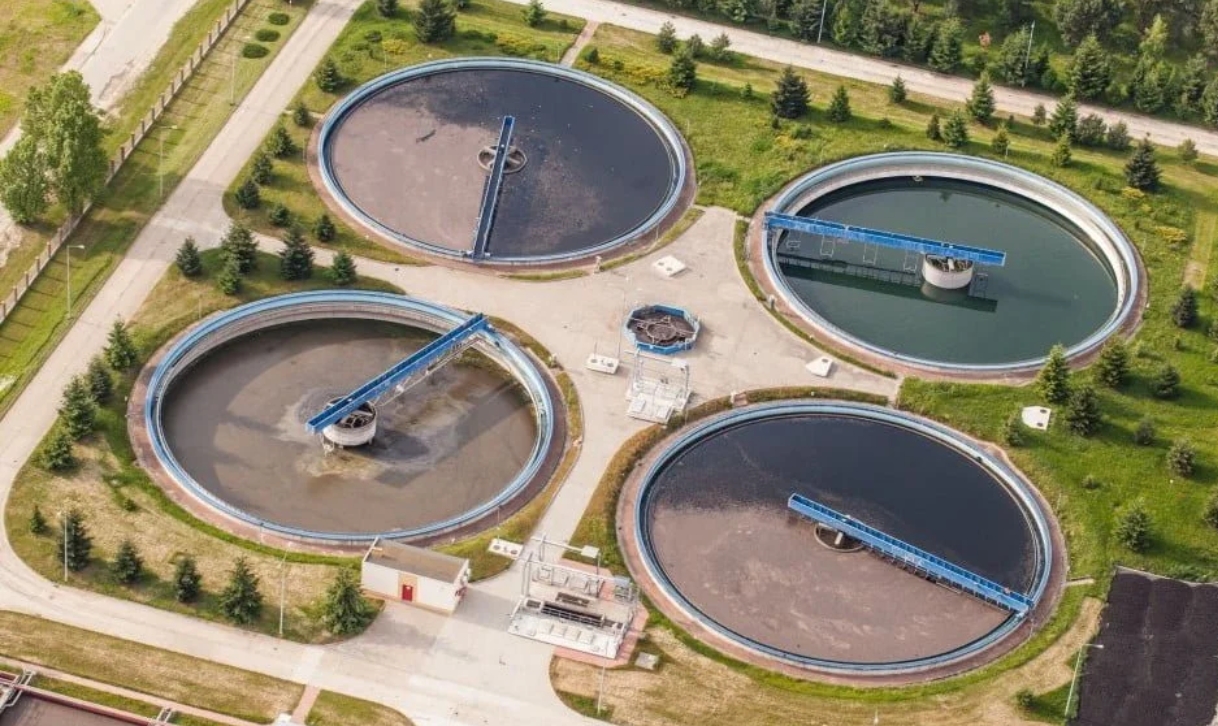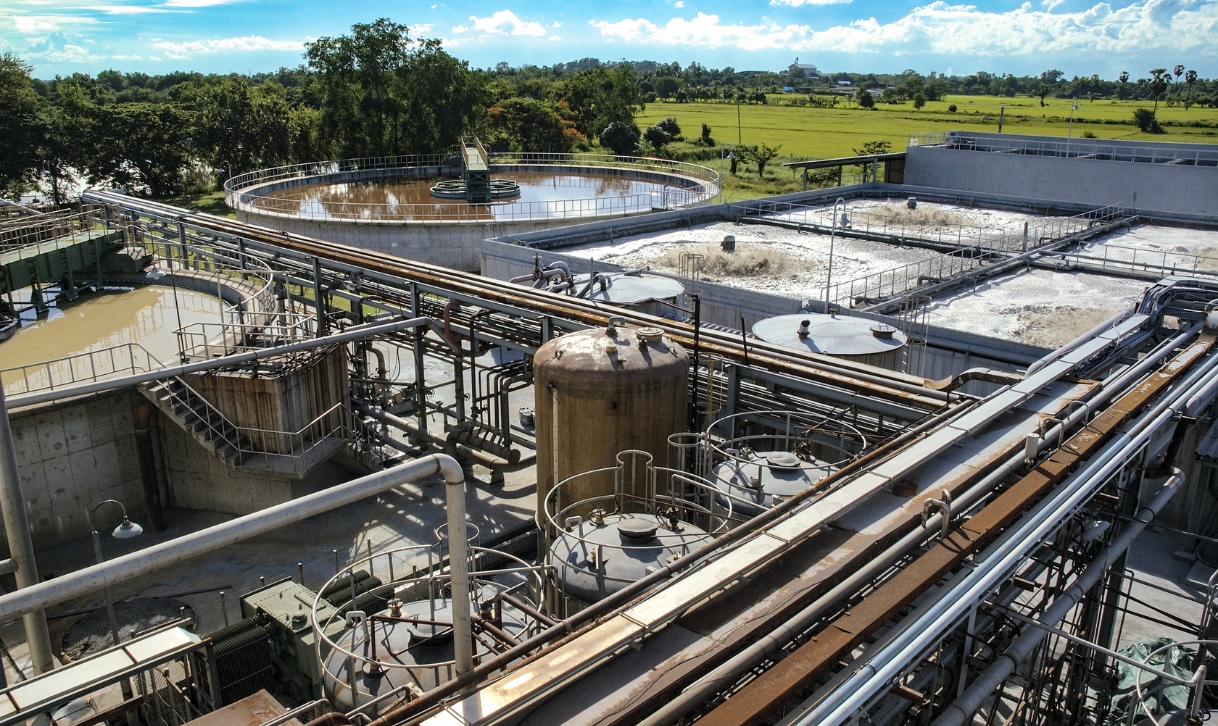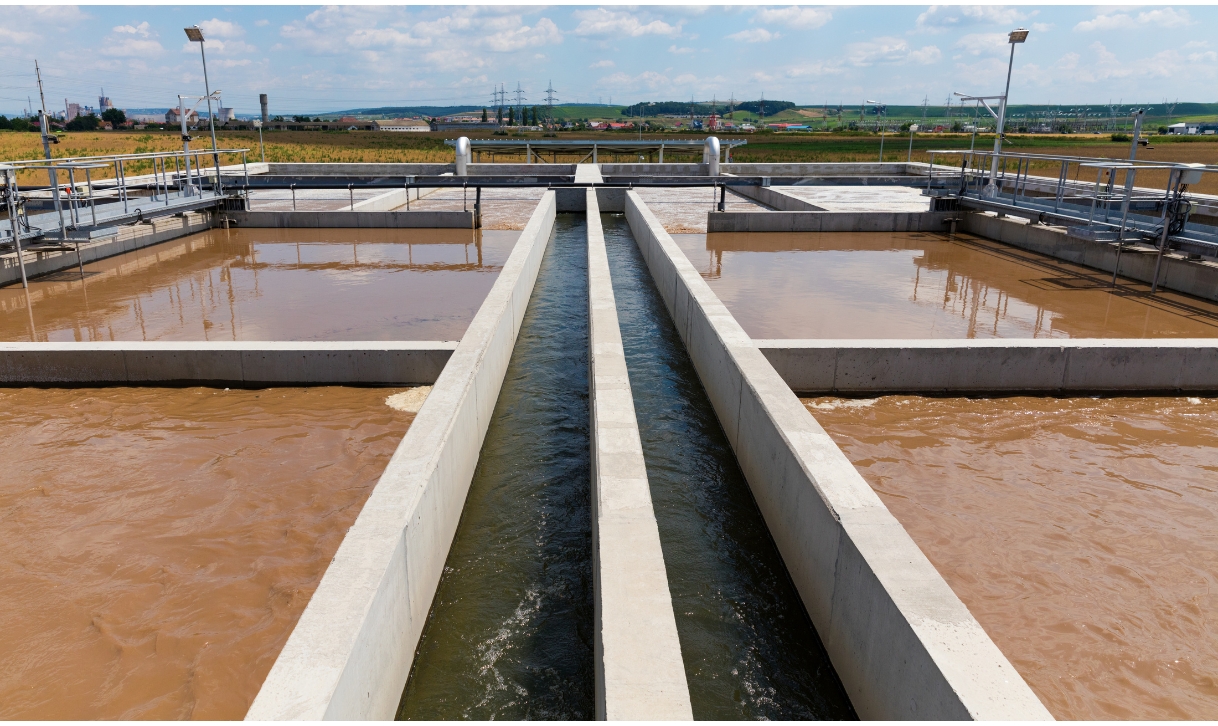
Waste Water Recycling
Wastewater recycling is an innovative and sustainable process that treats and repurposes used water, transforming it into a valuable resource. This practice is essential in addressing the growing global challenges of water scarcity, environmental degradation, and the increasing demand for clean water. The process of wastewater recycling involves collecting water from various sources, such as domestic, industrial, and agricultural activities, and subjecting it to a series of advanced treatment methods. These methods typically include filtration, biological treatment, and chemical processes to remove contaminants, impurities, and harmful pathogens. The treated water is then purified to meet specific quality standards, making it safe for reuse in various applications. Recycled wastewater can be used in numerous ways, including irrigation for agriculture, industrial processes, landscape maintenance, and even replenishing groundwater supplies. In some cases, highly treated recycled water can be used for potable purposes, providing a sustainable and reliable source of drinking water.
The benefits of wastewater recycling are manifold. It conserves precious freshwater resources, reduces the environmental impact of wastewater discharge, and lowers the energy and costs associated with water treatment and distribution. Additionally, it helps mitigate the effects of droughts and water shortages, supporting communities and industries in maintaining a stable water supply. By adopting wastewater recycling, we can significantly reduce our water footprint and contribute to a more sustainable and resilient future, ensuring that clean water remains available for generations to come.



Conservation of Water Resources: Wastewater Recycling significantly reduces the demand for fresh water by treating and reusing wastewater, thereby conserving vital water resources and ensuring a more sustainable water supply.
Environmental Protection:By recycling wastewater, Aqua helps reduce the discharge of pollutants into rivers, lakes, and oceans. This process minimizes the environmental impact and helps preserve aquatic ecosystems and biodiversity.
Cost Efficiency:Recycling waste water can lead to substantial cost savings for businesses and communities by reducing the need for expensive freshwater resources and lowering the costs associated with waste water treatment and disposal.
Sustainability: Waste water Recycling supports long-term sustainability by promoting the efficient use of water. This is particularly important in regions facing water scarcity or drought, as it provides a reliable alternative water source.
Groundwater Replenishment:In some cases, treated wastewater can be used to recharge groundwater aquifers, helping to maintain groundwater levels and ensuring long-term water availability.

